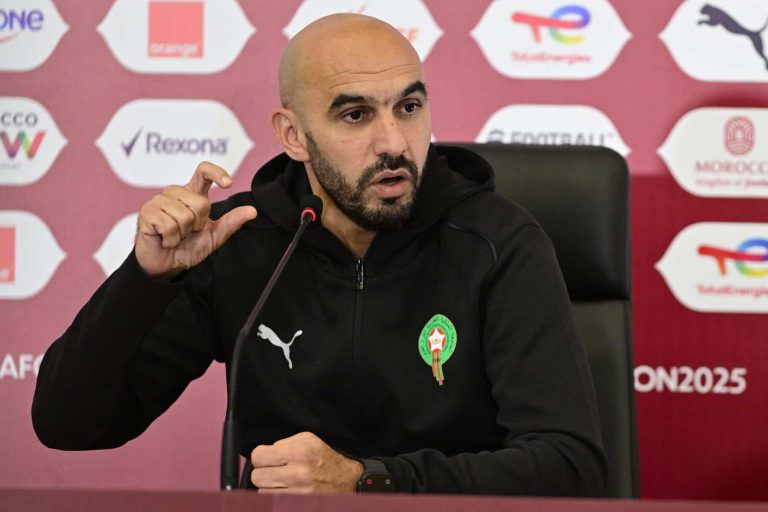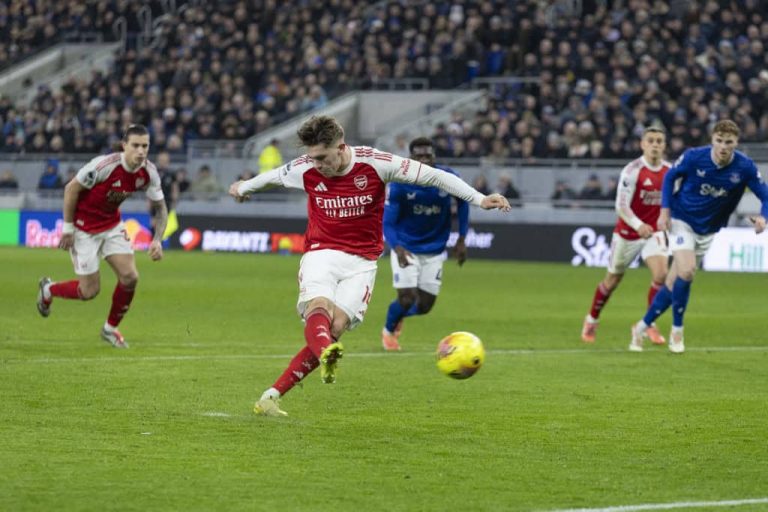
Cell C announced its formal intention to list on the Johannesburg Stock Exchange (JSE) on Wednesday, a move that the company hopes will strengthen its balance sheet and raise capital. However, can the IPO deliver the results?
Cell C is a subsidiary of Blue Label, and the fourth biggest mobile network operator in South Africa, after Vodacom, MTN and Telkom.
Blue Label first announced its intention to list Cell C on the JSE in May, with the idea that the listing might take place in 2026, however, in the formal intention announcement it said the pre-listing statement will be released in due course.
ALSO READ: Will Cell C finally make money on its own? Blue Label expects to cash in on earnings
Cell C’s shares to be restructured
The listing will be facilitated through an offer of existing shares by The Prepaid Company (TPC), another subsidiary of Blue Label.
In the announcement, the mobile network’s CEO Jorge Mendes said TPC’s outstanding debt claims against Cell C will be capitalised and converted into equity, further reducing Cell C’s leverage. Cell C will acquire 100% of CEC (another subsidiary of Blue Label) from TPC in exchange for additional Cell C shares.
CEC is a subsidiary responsible for Cell C’s post-paid offerings. The internalisation will enable Cell C to assume full responsibility over its post-paid customer base, including oversight of supply chain, commercial operations, marketing, billing, credit and collections.
Furthermore, airtime assets held by TPC will be transferred to Cell C in exchange for shares, and the special purpose vehicles (SPVs) that currently hold equity will be dissolved. As a final step, 4.5% of Cell C shares will be transferred to the executive team members of Cell C.
Cell C’s restructuring intended to streamline operations
“Overall, the restructuring is intended to streamline operations, improve financial sustainability and enhance Cell C’s strategic readiness for long-term growth,” said Mendes. “Following the restructuring, the group will be structured in an efficient manner to facilitate the listing.”
Together with the listing, an offer will be made by TPC to sell its shares to selected prospective investors, intended to raise gross proceeds of approximately R7.7 billion. This includes a R500 million over-allotment option and a R2.4 billion allocation for a B-BBEE vehicle, ensuring Cell C meets the 30% black ownership requirement.
TPC intends to use the proceeds it receives from the sale of shares to enhance its financial position. “The proceeds raised will be allocated towards settling certain interest-bearing borrowings and other debt obligations.”
ALSO READ: Boxer shares worth R53 million traded since listing
Can the listing work?
For a listing to work, a successful IPO is important. An IPO is a process where a private company sells shares of its stock to the public for the first time, transforming it into a public company and raising capital.
Companies such as the Pick n Pay Group has used the strategy of listing one of its subsidiaries, Boxer, to solve its financial woes. Pick n Pay had aimed to raise R8.5 billion from Boxer’s IPO, and due to the IPO being oversubscribed, was able to achieve its target.
“While Cell C is already owned by a listed entity and has operated within that framework, the separate listing of the company will enable the group to streamline its balance sheet, reinforce its growth strategy and strengthen its competitive positioning of business segments,” Mendes said.
“The listing is expected to be an enabler of our strategy, as it will elevate the Cell C brand, enhance access to capital to sustain growth, instil public transparency and market discipline, and enhance the group’s profile with all stakeholders.”
Cell C’s competitiveness
Peter Takaendesa, chief investment officer at Mergence Investment Managers, said the balance sheet restructuring ahead of the listing could further reduce debt, but the real question is whether Cell C’s performance will be sustainable this time, given past recapitalisation challenges.
However, he is not sure if the listing will improve competitiveness against Vodacom, MTN and Telkom.
“I don’t think the listing itself will help Cell C compete better, but a stronger balance sheet from the restructuring and continued growth in the [mobile virtual network operator] offering should help, although the direct-to-consumer part of Cell C is likely to remain challenging given tougher competition from Telkom in the value space and MTN SA likely to fight back to regain lost market share.”
In early 2021, Cell C began migrating its customers to roam on partner networks, specifically MTN and Vodacom, and deactivated its physical towers and Radio Access Network (RAN) in June 2023. Which raises the question, can an operator that rents its network capacity from others ever achieve sustainable margins in a market this competitive?



